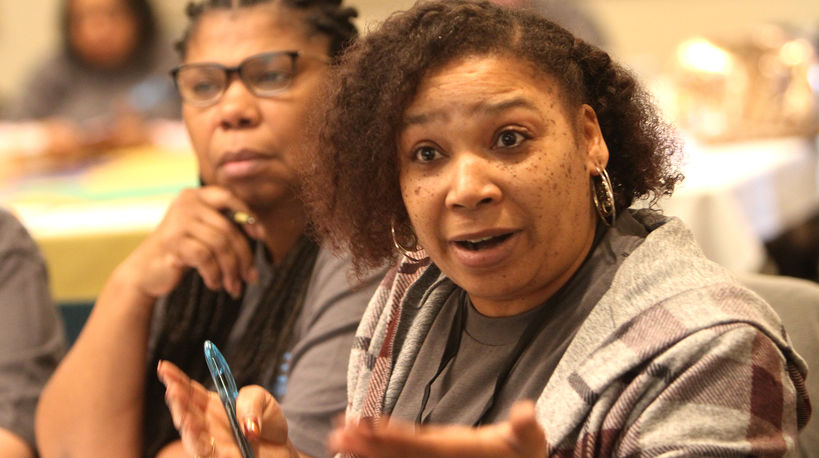Trainings and webinars for education support professionals
The WEA ESP Professional Development 'TEAM' program aims to provide transformative engaging applicable meaningful training that supports all students.
All classes will be held virtually and will begin at 9 a.m. unless otherwise noted. It is highly recommended that members attend Part A prior to attending Part B to ensure content relevancy and continuity.
Clock hours: 4 clock hours are available for each class unless otherwise noted.
Please visit the ESP Events Calendar for the current course offerings.
Contact Cristi McCorkle and Lama Chikh if you have questions about course offerings.
If you missed one of NEA's monthly professional development webinars for education support professionals, you are in luck. Watch NEA's archived ESP webinar recordings.
NEA ESP Professional Growth
To ensure a great public education for every student, education support professionals (ESPs) want and deserve opportunities for professional growth throughout their careers. Visit NEA's listing for ESP professional development opportunities.
